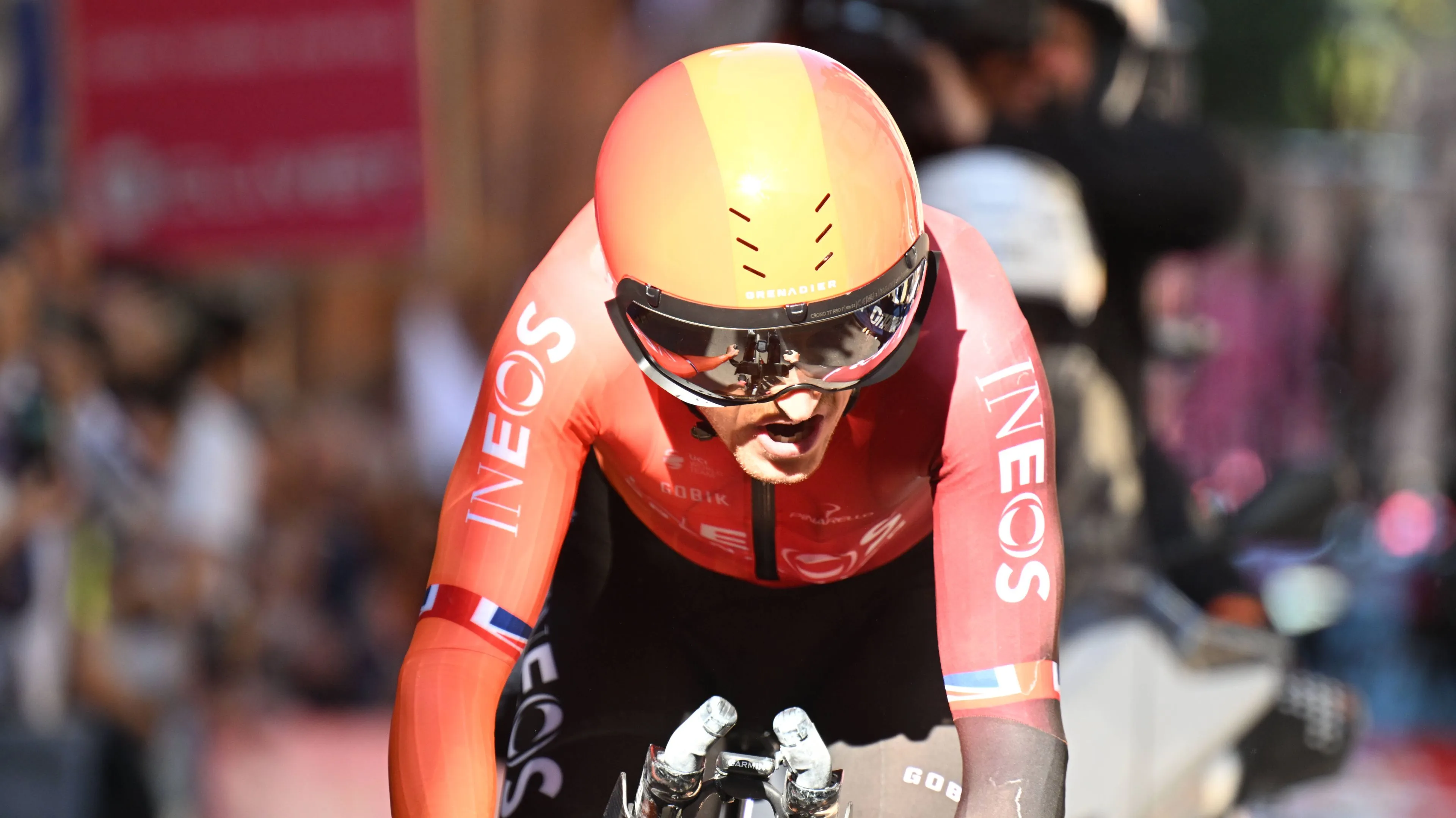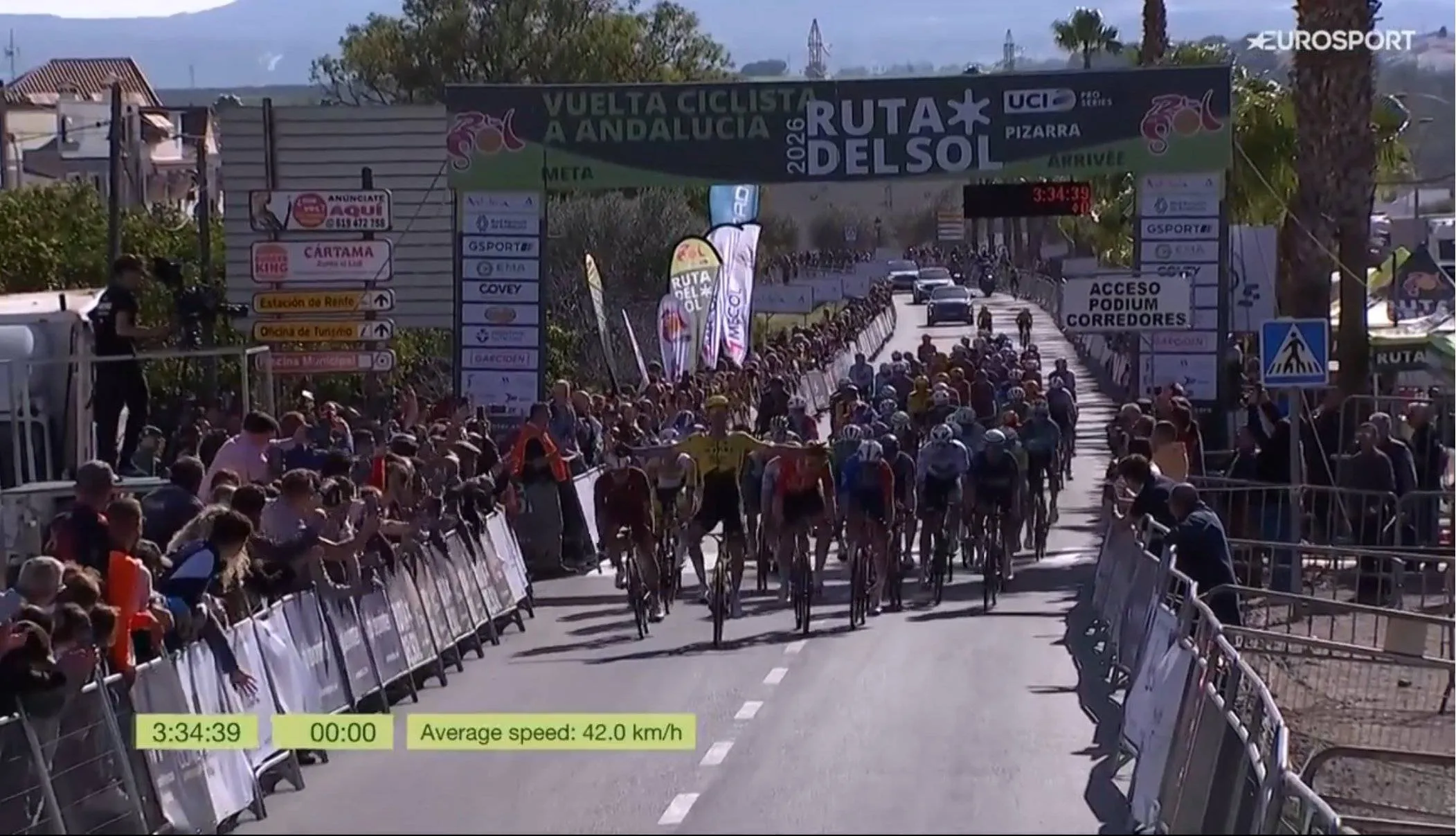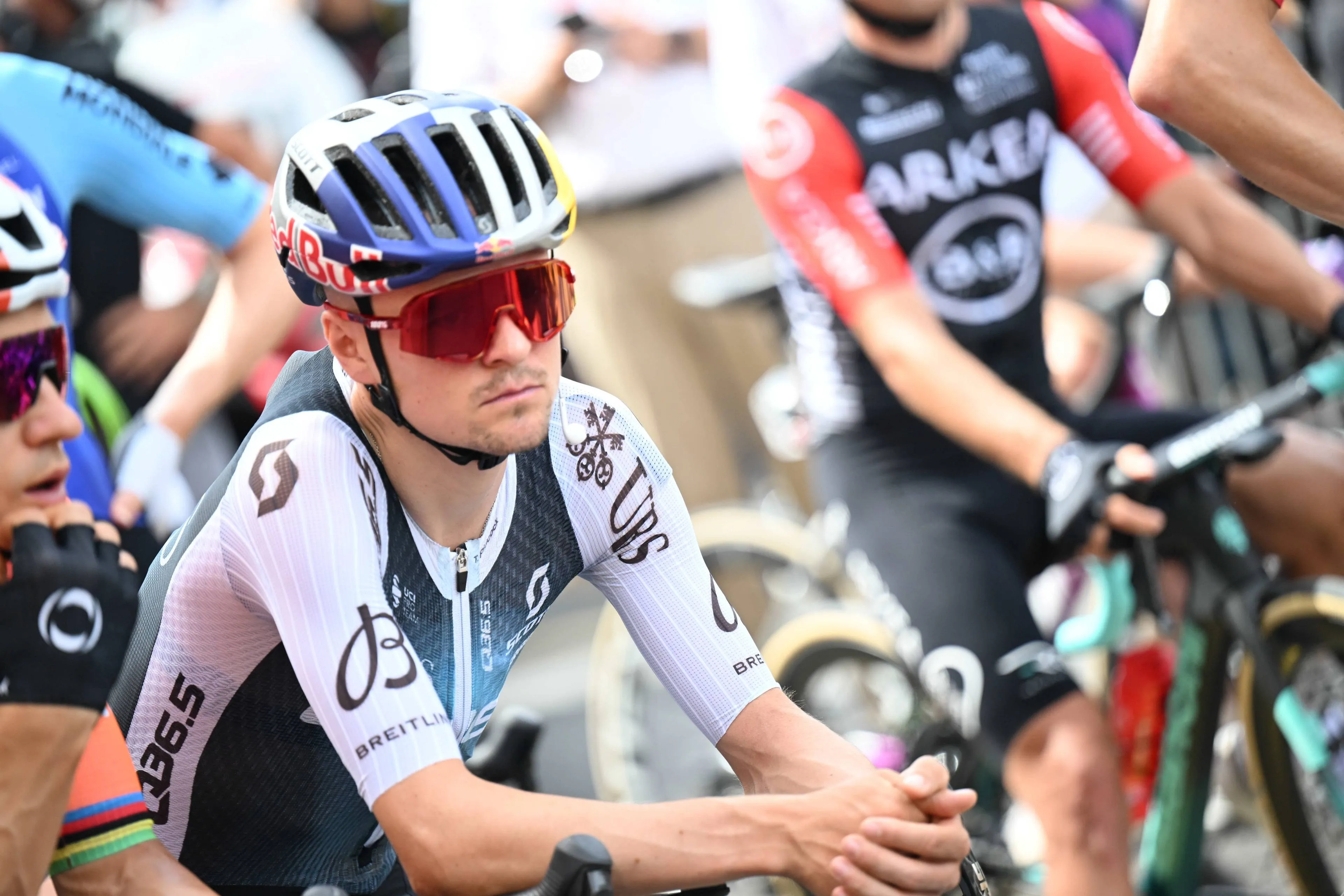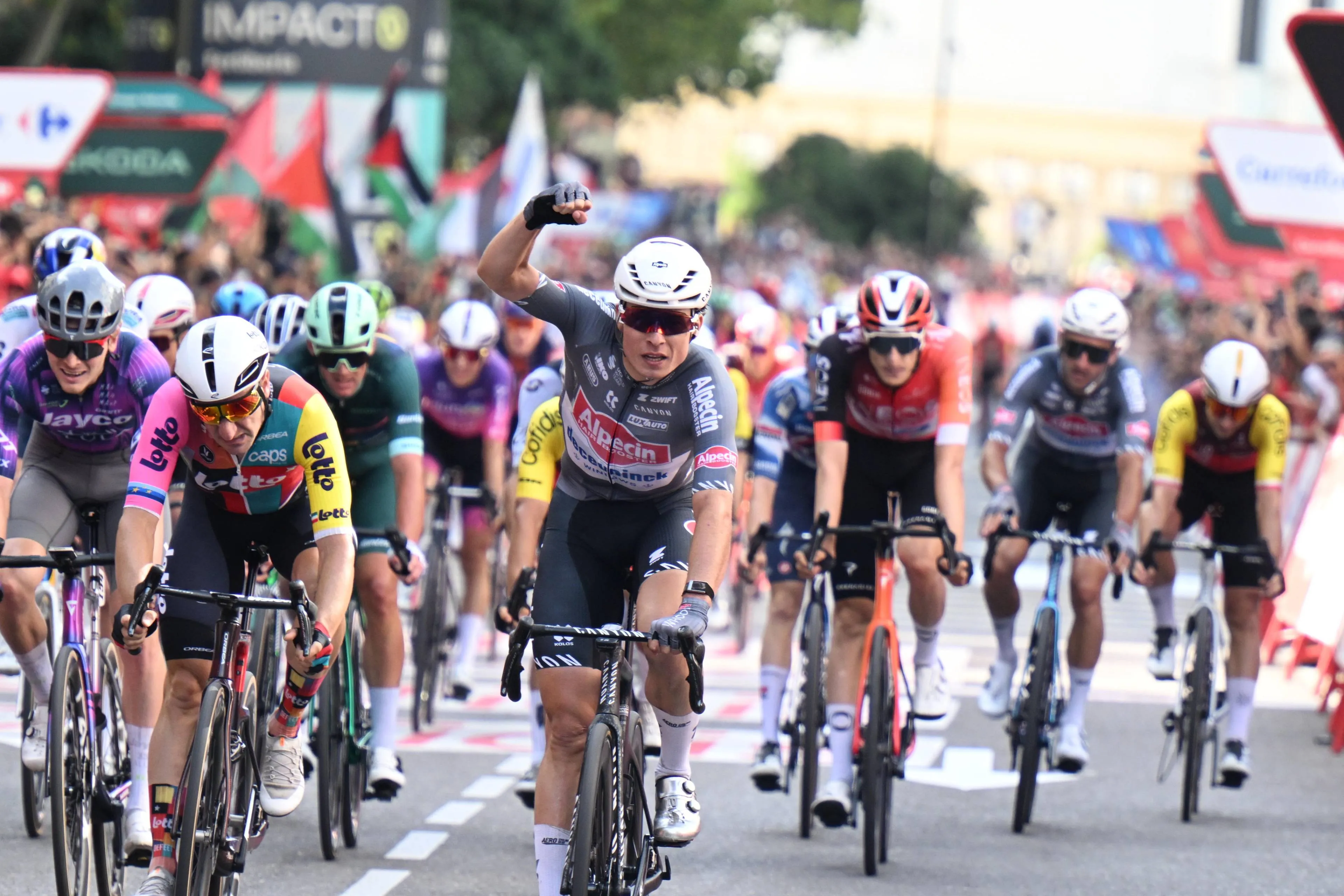Christian Prudhomme outraged about cyclist clothing: "It's not possible for a rider to sit on the ground after such a fall with a completely torn shirt"
CyclingSunday, 12 May 2024 at 10:10
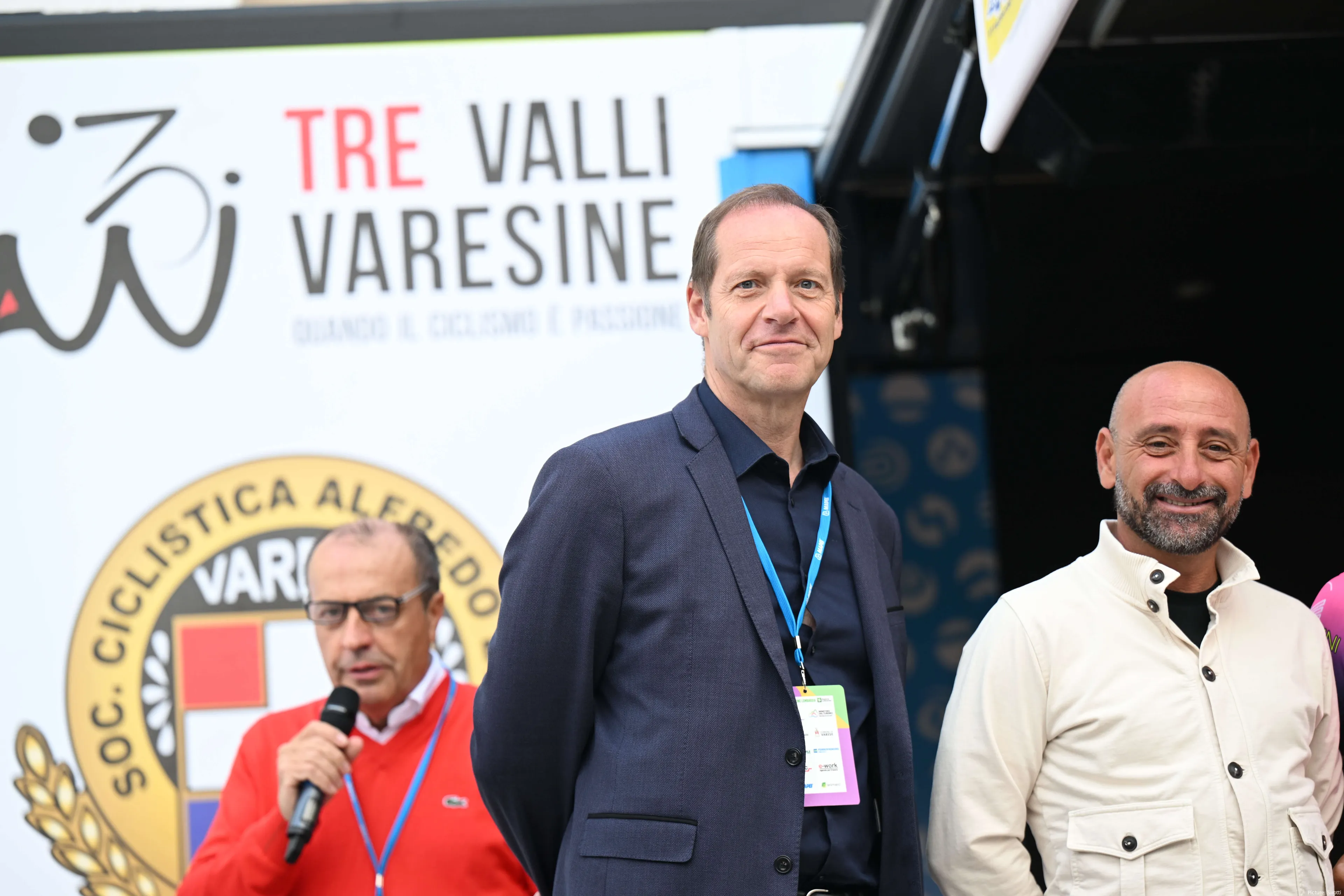
More than ever, the topic of rider safety has been discussed among riders, experts and even the sports' highest stakeholders after the spring nearly turned into a survival game, with stars like Jonas Vingegaard, Remco Evenepoel or Wout Van Aert ending their spring campaigns all in hospitals, instead of podiums.
Christian Prudhomme believes that when developing their material, teams are too concerned with making the riders faster instead of thinking about their safety. "It's not possible for a rider to sit on the ground after such a fall with a completely torn shirt and his skin completely shredded?" the Tour de France boss asks rhetorically in RIDE magazine.
Read also
He finds it unacceptable that cycling clothing offers too little protection. "In the Netflix series around the Tour, Jonathan Vaughters says that you should imagine the impact of a crash as if you were jumping out of a moving car wearing your swimwear. We can't find that normal, can we? We cannot continue to accept that riders wear clothing that does not even protect their skin in the event of a crash, as was the case with Van Aert."
The Frenchman also sees how cycling lags behind other sports in terms of safety. "The collarbone is one of the most vulnerable places of a rider. Then you have to protect this. All other shock or speed sports work on clothing to protect the athlete. Whether it is motorsport, skiing or rugby. Yes, in rugby twenty years ago no one thought that clothing would be designed that could protect the rugby players. Today it is a fact."
Read also
claps 9visitors 9
Just in
Popular news
Latest comments
- I just hope that he just says that he got cramps and that's it, rather than some long-winded excuse which makes him seem even more of a piece of...
 Rafionain-Glas18-02-2026
Rafionain-Glas18-02-2026 - finally, a team that does something smart. I could never understand why Ineos would like Egan train as he did alone. put a motorbike behind him with an earpiece to call out issues above. same with remco crashing into a postal truck.mij18-02-2026
- Wow, that is not a good sign for Remco. Great win for Tiberi!Pedalmasher18-02-2026
- Great champion Remco but his profile is more suitable for Ardennes-like races and tour with no very hard climbs. Not only Tadej and Vingegaard, there are a lot of younger cyclists (del Toro, Ayuso, maybe Seixas, Nordhagen and others) that will soon be big GC boys.
 maria2024202418-02-2026
maria2024202418-02-2026 - Evenopoel 1st real test, and he failedZamorano18-02-2026
- Remco is not the natural climber that riders like Tadej or Jonas are, no matter how much he trains and prepares for it. Yes, you can TT your way up moderately steep hills, but when the gradient gets super steep, he just can't keep up.
 santiagobenites18-02-2026
santiagobenites18-02-2026 - So against the better riders and a long mountain, Remco cracked. Sorry but way away from Pog and Jonasabstractengineer18-02-2026
- “I was portrayed as the devil" Bruyneel was really a talented team manager. His minor flaws: "coordinated, well-funded, and sophisticated doping regime" "hand-in-hand in implementing the team-wide doping programme" "was involved in trafficking and administering prohibited substances and methods, including EPO, blood transfusions, testosterone, human growth hormone, and cortisone. Teammates testified that nothing significant happened without Bruyneel's knowledge and approval." "fostered an environment where doping was considered a "fact of life" and necessary for success, effectively making it a condition of survival on the team. He also participated in or assisted with the cover-up of positive tests and doping violations." Those quotes show Bruyneel's true talent.Cyclingnut18-02-2026
- Fed up hearing "their" voicesslappers6618-02-2026
- When you join Ineos , learning , time , no pressure go out of the windowabstractengineer18-02-2026
Loading
🇮🇹 #GirodItalia Ouch.. A nasty crash by Christophe. 🤕 🤞🏼🍀
13 Comments

